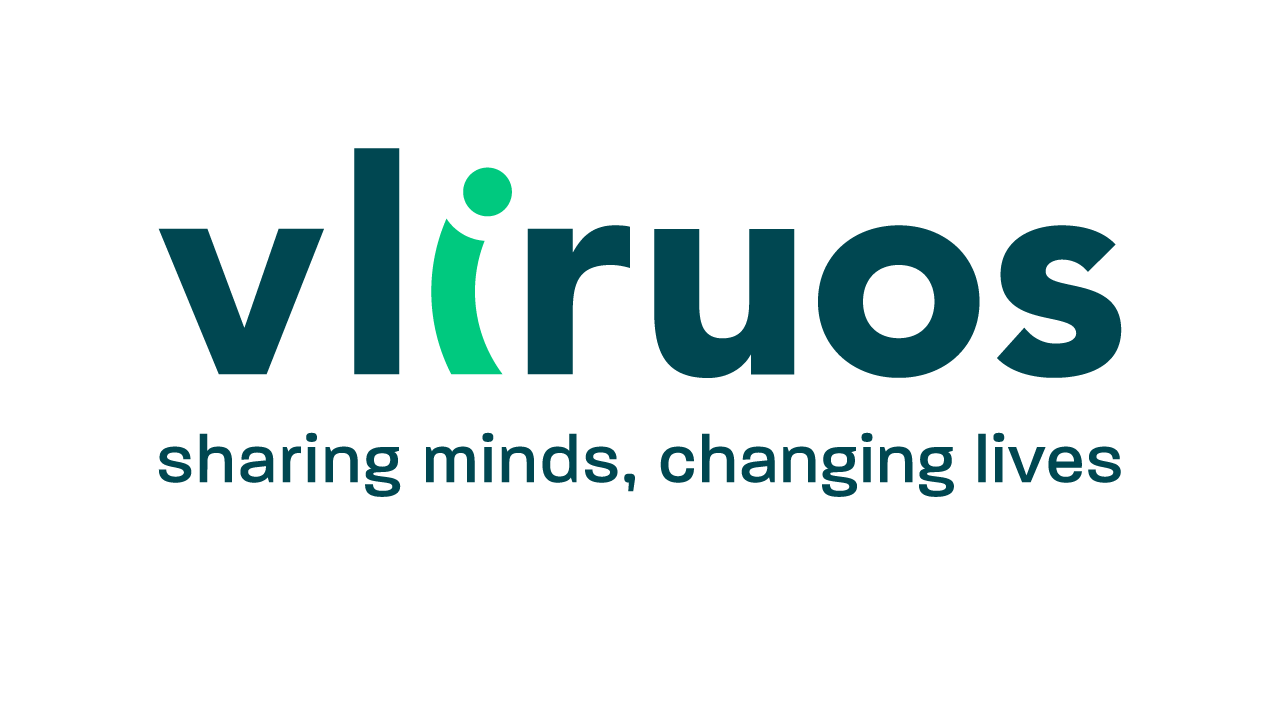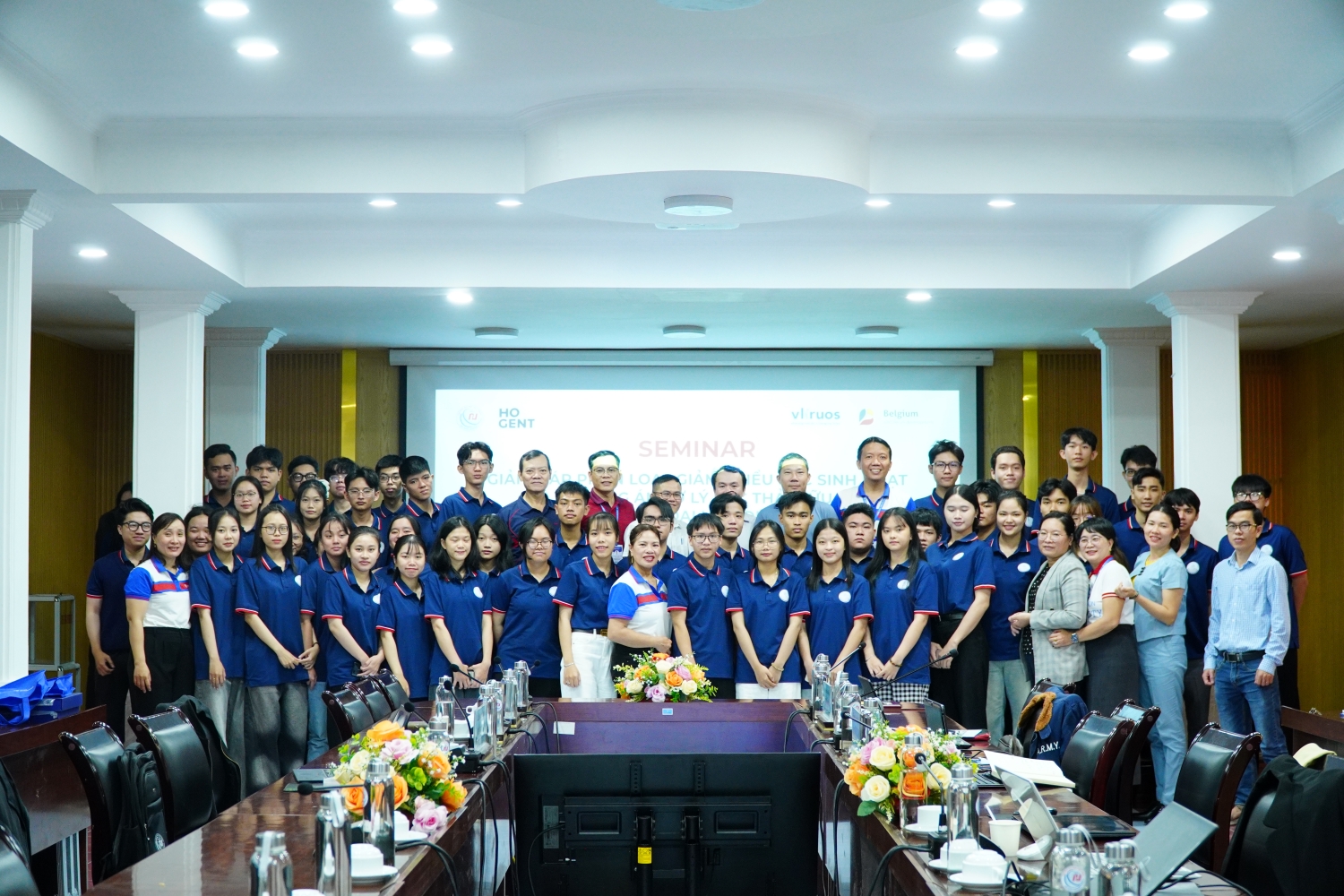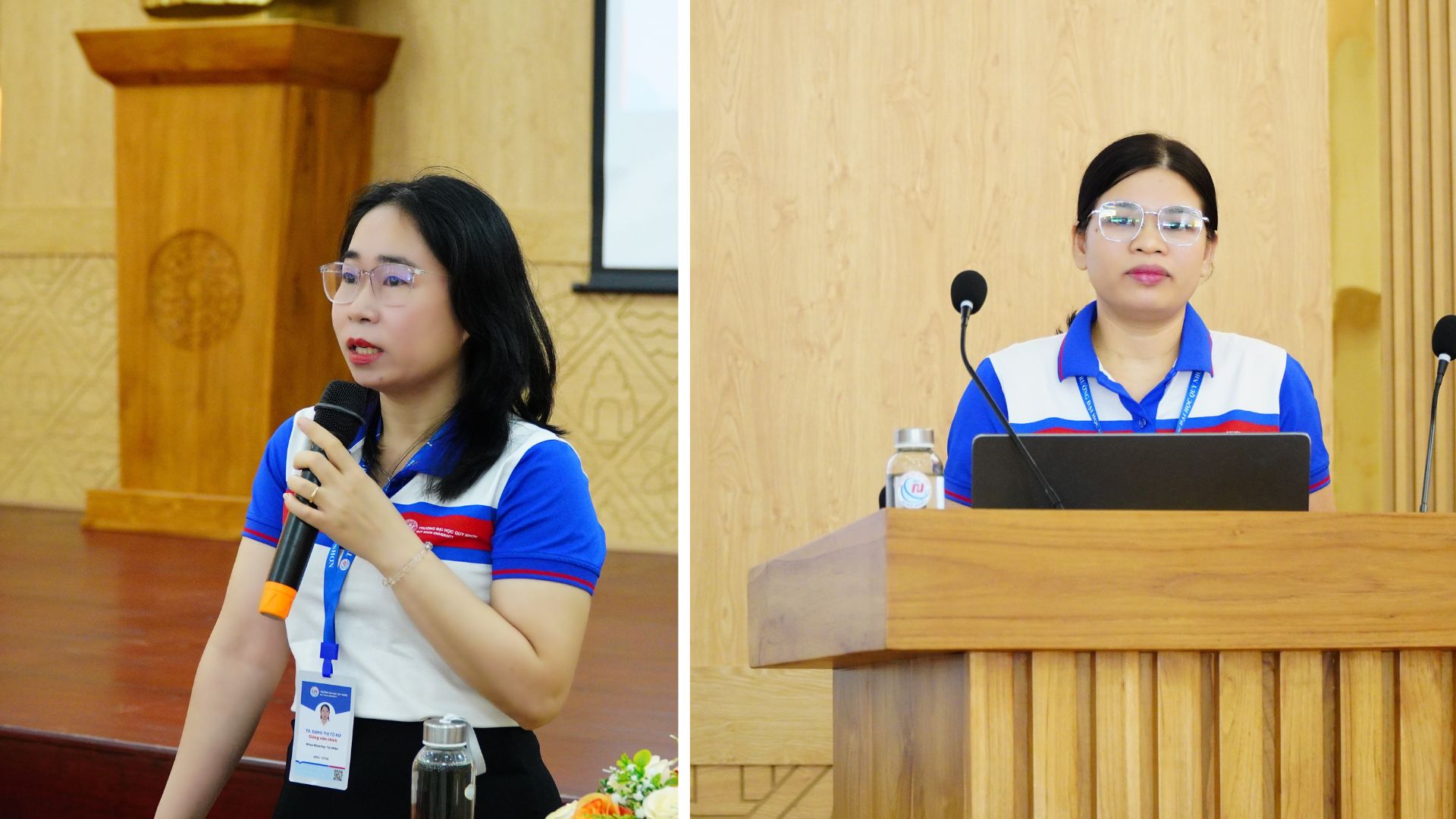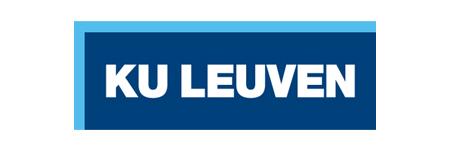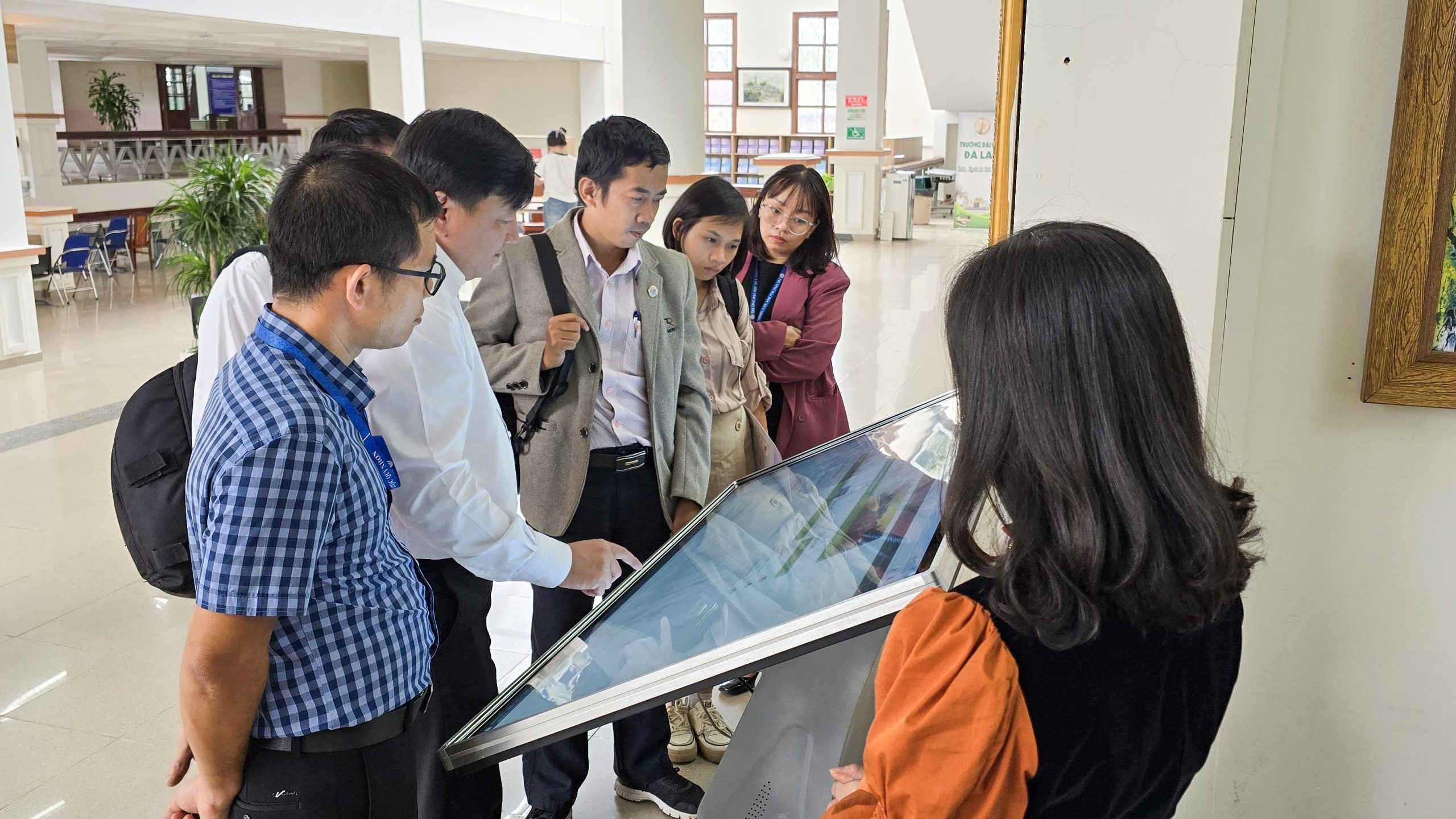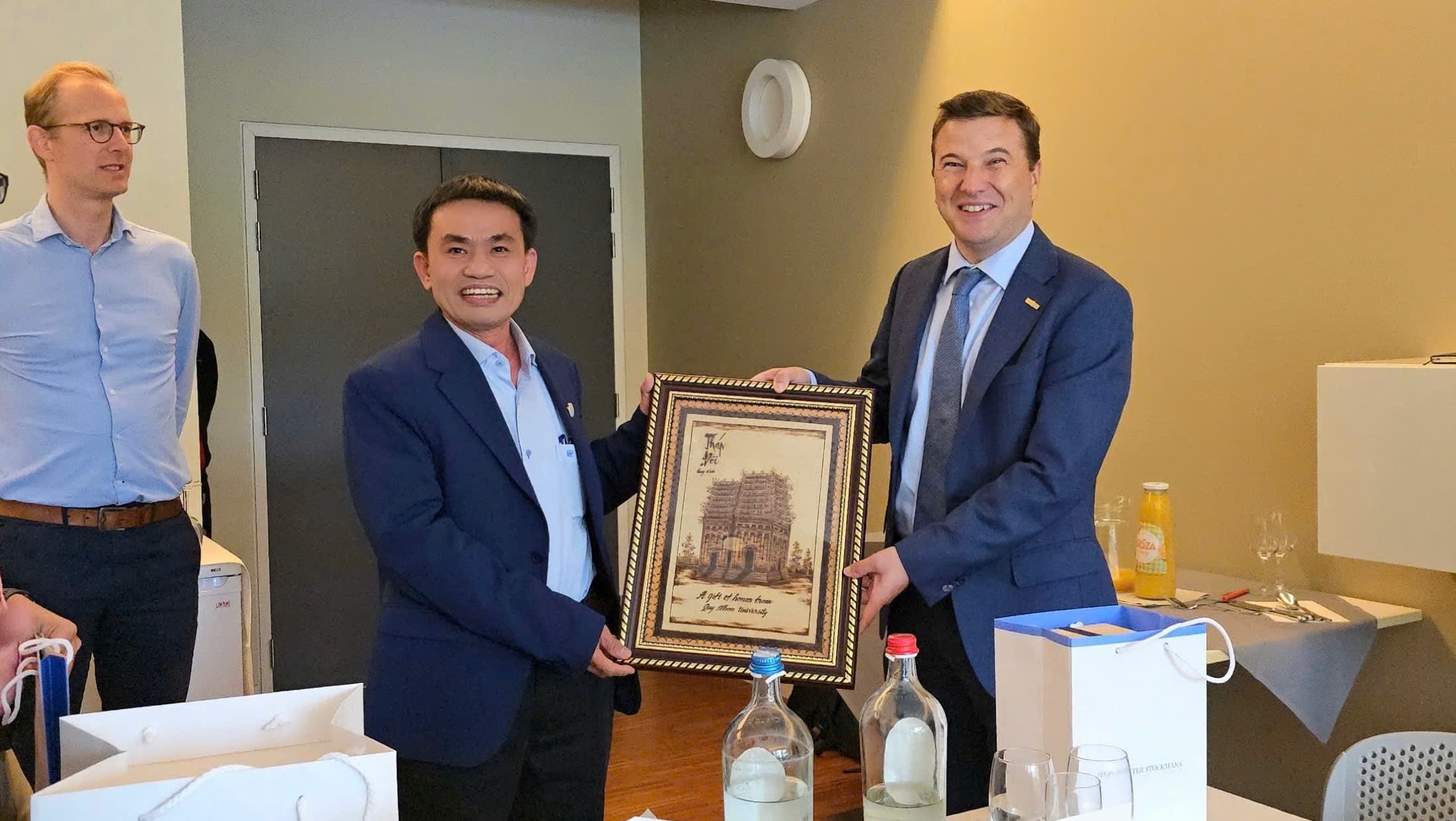Introduction to the project 2
Along the rural and coastal areas of the South Central Coast and Central Highlands of Vietnam, foods such as rice, coffee bean and seafood have been commonly dried by direct sunlight. Despite its simplicity and low investment cost, this technique is an uncontrolled process, i.e. Random changes in temperature, wind, humidity and solar load make the production schedule unreliable and with a variable product quality as a result. Therefore, local farmers would benefit from affordable alternatives that can be used efficiently in different weather conditions. The integration of nanomaterials in conventional drying systems is a promising approach to reduce the workload and control the quality, thereby increasing the economic value of the local agricultural produce.
In parallel, biogas production from animal waste from husbandry activities is commonly used to bypass negative environmental impacts and produce a renewable source of energy. However, the current biogas production process is neither well-controlled nor selective. The biogas therefore contains a substantial amount of H2S, CO2 and water vapour, which causes fetidity, destroys metallic components and lowers the ignition temperature, preventing farmers from using it for daily activities. All these obstacles require careful analysis and more research is needed to explore sustainable solutions.
Having synergized with Project 4, the integration of nanomaterials into natural biofilms for fruit preservation aims at enhancing their mechanical/chemical stability as well as antimicrobial activity. Some benign nanomaterials, such as silver or titanium dioxide, are found to have antimicrobial activities. They disintegrate bacteria cell walls rather than experiencing internal cell degradation as natural compounds. This complementary approach is expected to prolong the fruit preservation time.
For the long term, the Project 2 entitled “Enhancing the performance of the solar-assisted drying system and biogas production by using novel nanomaterials and technical solutions” is expected to create a higher adoption rate among regional farmers of green innovations to improve the durability and profitability of their husbandry and farming activities, thereby improving the living conditions in the rural areas. In the first five years, three following specific objectives will be covered by this project:
(i) Boosting the research and education capacities in nanomaterials for renewable energy and fruit preservation;
(ii) Improving the quality and the added value of the agricultural produce by developing solar-assisted food drying systems and non-toxic protective fruit coatings;
(iii) Promoting the utilization of biogas by developing high-performance biogas plants to reduce the environmental pollution caused by livestock farming in the targeted areas.
Local farmers in Binh Dinh and Gia Lai are the end-users who will have access to the improved solar-assisted drying and biogas production techniques. As the final beneficiary, QNU’s academic staff members strengthen their research and education capacities in the fields of renewable energy materials, biochemistry and technical engineering via academic exchange, co-supervision of PhD students with Flemish-based professors and implementation of this research project while the students of the Solid State Physics master programme will benefit from the experienced staff and advanced laboratories


